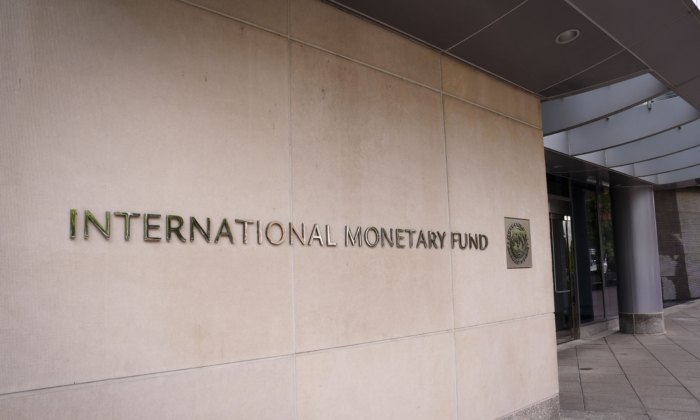The International Monetary Fund welcomed Pakistan’s economic progress but warned that vulnerabilities and structural challenges remain an issue.
The executive board of the International Monetary Fund (IMF) has approved a new $7 billion loan for Pakistan, authorities said on Sept. 25, more than two months after the two sides stated that they had reached an agreement.
The funds are aimed at helping authorities strengthen fiscal and monetary policy and reform and broaden the tax base to boost Pakistan’s economy.
Pakistan has been working on implementing conditions, which Prime Minister Shehbaz Sharif had previously called “strict” to secure the 37-month loan program agreed in July.
The IMF praised Pakistan for taking steps to restore economic stability, noting that the country’s growth is rebounding, inflation has dropped to single digits, and a stabilized exchange market has led to the rebuilding of reserve cash buffers.
Kristalina Georgieva, managing director of the IMF, said in a Sept. 26 media interview that the organization had completed its review of the loan and that the Pakistani government reforms had already started to show promise.
“I want to congratulate the government of Pakistan and the people of Pakistan for moving forward with the home-defined, Pakistan-owned reforms, and they are bringing fruits,” she said. “Growth is up, inflation is down, and the economy is on a sound path.”
The funds will also be used to improve state-owned enterprises’ (SOE) management, strengthen competition, secure a level playing field for investment, enhance human capital, and scale up social protection through increased generosity and coverage in the Benazir Income Support Program (BISP), according to the IMF.
Georgieva said that the Pakistan government “aims to collect taxes from the rich and is strengthening the Benazir social program to support the poor.”
The 37-month Extended Fund Facility Arrangement (EFF) will total about $7 billion, according to a July statement about the agreement. Roughly $1 billion will be sent to Pakistan immediately.
The IMF warned that Pakistan’s vulnerabilities and structural challenges remain an issue, with a difficult business environment, weak governance, and a narrow tax base identified as particular problems of note.
“Spending on health and education has been insufficient to tackle persistent poverty, and inadequate infrastructure investment has limited economic potential and left Pakistan vulnerable to the impact of climate change,” the IMF stated.
The IMF noted that the new program will require “sound policies and reforms” alongside “continued strong financial support from Pakistan’s development and bilateral partners”.
Sharif welcomed the deal, thanking Georgieva, the IMF, and other countries for helping to facilitate it.
The Associated Press and Reuters contributed to this report.

